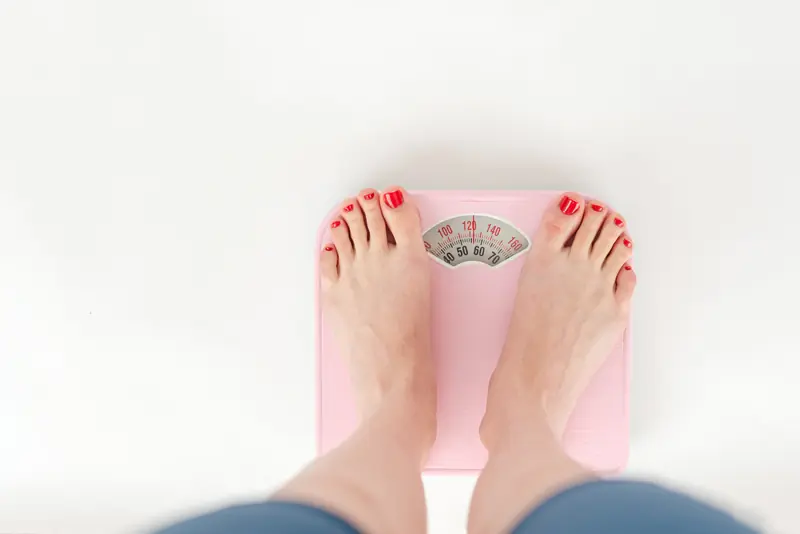
When it comes to shedding pounds, diet, gym workouts, and long-distance walking are the go-to methods for many. However, as time passes, noticeable changes often remain elusive.
So, what’s holding our bodies back from losing that extra weight? The reasons why our bodies resist weight loss might surprise you.

Lack of Sleep
Researchers link insufficient nighttime sleep to an increased risk of diabetes, heart disease, and depression. It turns out that not getting enough sleep can also hinder weight loss.
Recent studies have shown that sleep-deprived individuals tend to consume more sweets, which ultimately leads to weight gain. Experts attribute this to fluctuations in the levels of leptin and ghrelin—hormones that regulate hunger.
Dr. Ian Walsh from the Department of Sport, Exercise, and Rehabilitation at Northumbria University confirms that getting a good night’s sleep is crucial for weight loss. According to him, sleep should be viewed as an integral part of a healthy lifestyle, alongside a balanced diet and physical activity.
Burning Fat While Gaining Muscle
Those dreaming of a slimmer figure often expect their weight to normalize after just a few weeks of healthy eating and gym visits. However, the desired changes don’t always materialize.
The reality is that while a person may lose fat, they are simultaneously gaining muscle. This means that although their body composition is changing, their weight may still remain high.
Dr. Duane Mellor, a leading dietitian at Aston University, suggests that in the pursuit of success, individuals should focus on other indicators of weight loss. For instance, noticing that clothes fit better or that workouts feel less challenging than before.

Casual Calorie Counting
Experts emphasize that tracking food intake is crucial for weight loss. Those who are trying hard to shed a few pounds often do so without enough diligence.
Researchers from the University of Essex found that the average Brit consumes the equivalent of three cheeseburgers a day without even realizing it.
Interestingly, people on diets often underestimate their intake of excess calories while overestimating their success in burning them off.
Plateau Effect
This term refers to a temporary halt in weight loss. Plateaus are common even for those who stick to a diet and exercise regularly.
This effect can be noticed a few weeks after starting a weight loss journey. Experts attribute it to the body resisting weight loss. In an effort to obtain more food, it produces hunger hormones more intensely.
Often, when weight loss stalls, individuals begin to view their results negatively, noted Dr. Mellor. To overcome a plateau, he recommends reducing carbohydrate intake and portion sizes.
It’s also important to monitor physical activity levels throughout the day. This doesn’t just pertain to regular workout routines; to shed those stubborn pounds, it’s essential to sit less and move more.
Lack of Water
Modern medicine has concluded that the key to a healthy life is drinking eight glasses of water a day. Water is also vital for effective fat burning. It suppresses appetite and boosts metabolism, as reported by the Daily Mail.
Researcher Helen Parretti from the University of East Anglia found that if a dieter drinks 500 ml of water before each meal, they can lose an additional two kilograms.

Medical Conditions
Eating well, exercising, and getting enough sleep are not the only miraculous remedies for weight loss. The process can be hindered by certain medical conditions, particularly those related to the thyroid. If the thyroid doesn’t produce the necessary hormones vital for regulating metabolism, burning calories becomes significantly more challenging.
Polycystic ovary syndrome (PCOS) can also impede weight loss in women. This condition leads to the production of higher levels of the male hormone androgen than usual, which can cause insulin resistance, resulting in quicker weight gain.
